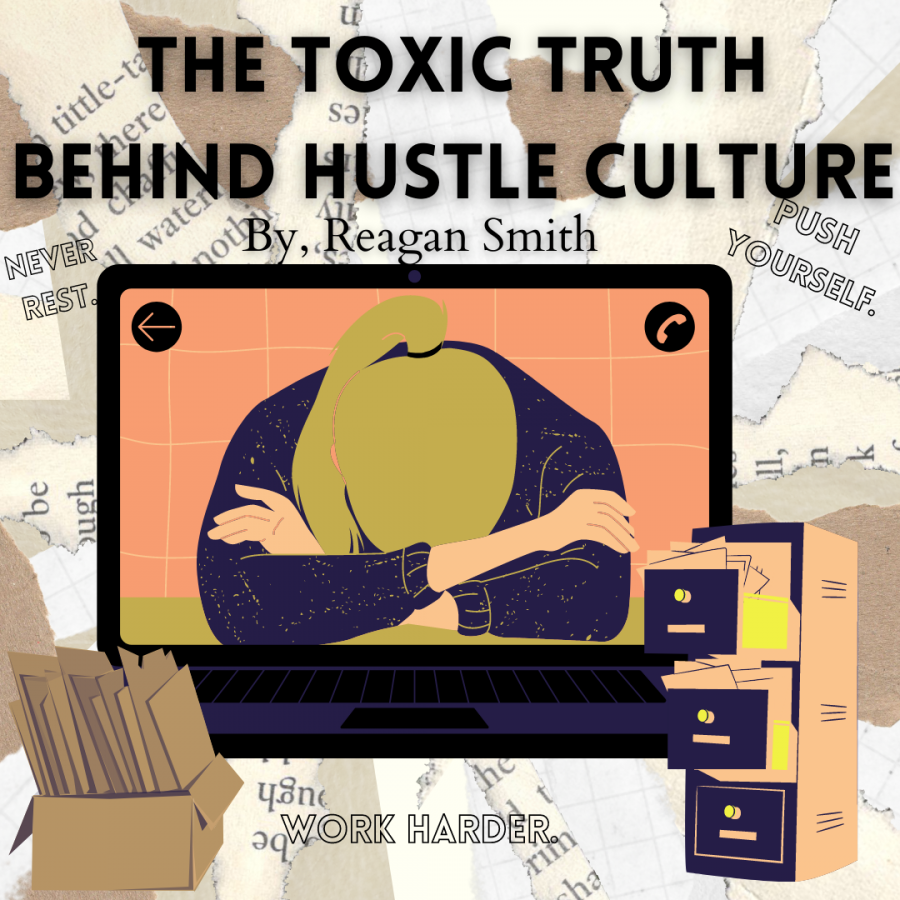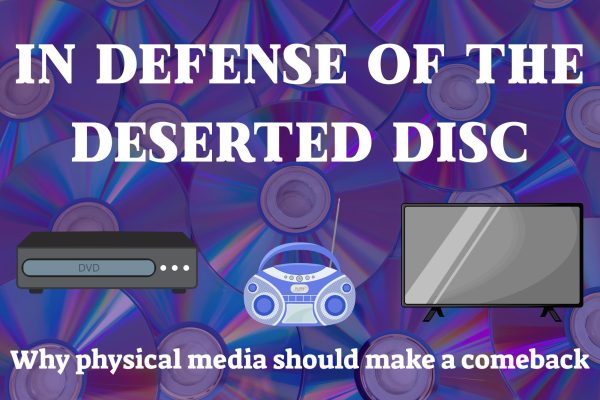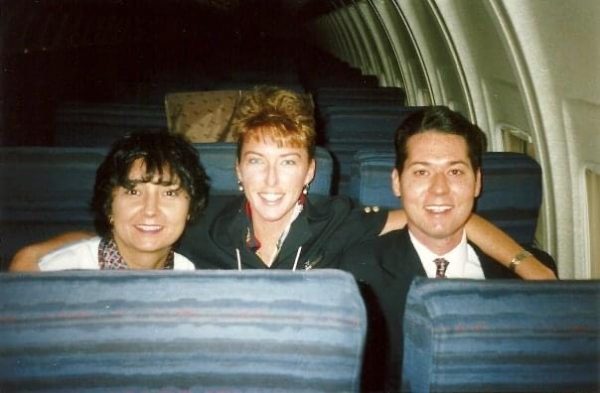Chronicles of the Classic Overthinker – No. 3
A series of columns by classic overthinker Reagan Smith

American society needs to face the facts. This fallacy we have created regarding working ourselves to the bone until the day we die is not the “American Dream” fairytale that we have come to romanticize in our country today.
Hustle culture, put into simple terms, is a state of constantly working. You devote your entire mindset and lifestyle to the “hustle” simply because according to this strong-minded ideology: The harder you work the more accomplished you are. You need the day off? Lazy. You have to miss a meeting for a doctor’s appointment? Weak. You didn’t get that paper in on time? Not dedicated.
The primary argument for this malignant way of life would be that you get more done in a shorter period of time. It’s true; you may get that promotion you’ve been eyeing in only 6 months rather than 2 years and to that I say, “But at what cost?”
Working yourself until you have nothing left to give has countless consequences as a result of not providing your body, as well as your mind, the proper rest it needs to thrive. Effects of pushing your body too hard can range from sleep deprivation, to high blood-pressure, to depression.
Now in no way am I trying to say that working hard toward your goals is a bad thing. The primary purpose in writing this piece is simply the desire to shed light on the normalization of people quite literally working themselves to death and far surpassing what the standard of what a “hard worker” should be.
The weight put on all of the people who live here in the United States to never stop hustling is felt not only by the overly burdened adults in our country, but by our teens and young children as well. From a very young age most of us have watched as our parents, grandparents, aunts and uncles, and close family friends worked themselves to exhaustion, all in the name of trying to be something and provide for themselves and their families.
Morphing our society’s perspective on what is a toxic work-relationship and a healthy one is no easy feat. To even begin to do such a thing we would have to push through decades of mental barriers of guilt at changing the way things are done and feeling like what we are doing is wrong. Personally, I believe this can be done as long awareness is spread about toxic truths surrounding the much glorified “hustle culture”.

Reagan Smith would pick Puerta Grande because that’s where she grew up going with her dad and she has memories associated with it. She would live in “Sound of Music” because who wouldn’t want to...












